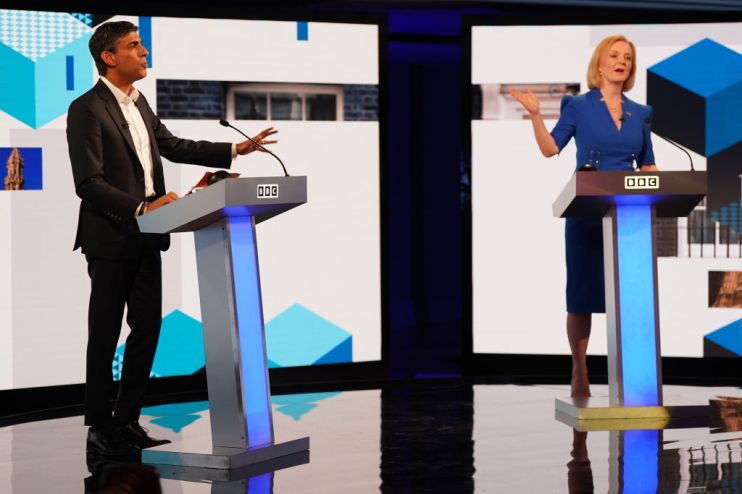Editorial: Downturn the perfect time for some genuine Whitehall reform

We tried to find some more good news for the front page – we promise – but the truth is it seems harder to find now than it has for some time. Every day brings new data suggesting that things are bad now, and getting worse. But that’s no reason to be (too) down-hearted – because crises can beget opportunities.
For the next Prime Minister, a seemingly unprecedented economic pinch point could well allow for the sort of radical reform Britain actually needs.
Boris Johnson and his then-Chancellor Rishi Sunak flunked this the first time around: the aftermath of Covid-19 was the perfect time to take on thorny political subjects, from tax reform to new planning laws. But if the perfect time to plant a tree is a hundred years ago, the second best time is today: so perhaps (the probable next PM) Liz Truss and her prospective Chancellor Kwasi Kwarteng can make a better go of this second once-in-a-lifetime shock to the system. There has been much chatter around Liz Truss’ proposed tax cuts, but there has been precious little about tax reform.
It is a decade since a band of free-market thinkers put together a doorstop-sized magnum opus, the Single Income Tax, which proposed a radical simplification of the UK’s domestic tax code. Other work has since been done on the business side – with proposals to push taxation onto outputs rather than inputs in an effort to encourage investment.
In the 10 years since that publication, the tax code has become even more complicated, with thousands of pages added. The apotheosis of this ever-more complex landscape was the super-deduction announced by Rishi Sunak, a good idea made bad through absurd technicalities.
Much of the next Chancellor’s job will be to reaffirm the UK’s reputation as a sound place to do business. Taking on the sacred cows of the tax code would be a good place to start – and a downturn could well offer the political space to do it.
